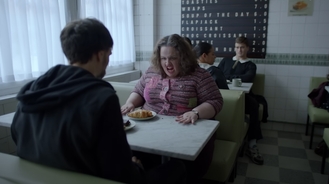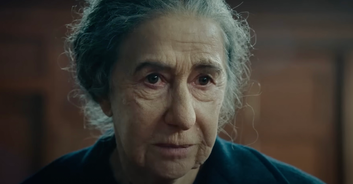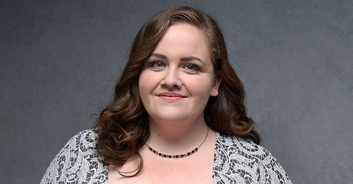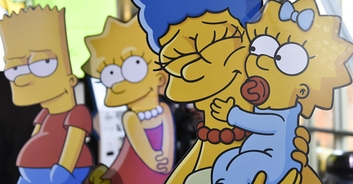Mary Poppins might be a childhood classic for generations around the world, but the movie has been given a new age rating due to 'discriminatory language'.
The 1964 film saw Julie Andrews star as the magical nanny Mary Poppins, alongside Dick Van Dyke as Bert, a Cockney jack of all trades, and Glynis Johns as Winifred Banks.
The nanny descends from the clouds to look after the Banks children after they place an advert, and a series of heartwarming adventures ensue before she flies off again with her magical umbrella.
While the movie may seem innocuous enough, there have been concerns over the use of discriminatory language in some scenes, which has seen the film's age rating be increased.

Since its release in 1964, the movie has held a U rating - standing for Universal - meaning it was suitable for audiences of all ages.
However, the British Board of Film Classification (BBFC) has recently upgraded it to a rating of PG (Parental Guidance) due to ‘discriminatory language’ in the film.
The BBFC also states that the movie has a "few scary moments" which are “quickly resolved and the tone is light and fun."
While some people were left scratching their heads at what the discriminatory language actually was, having missed it across the past 60 decades of watching, it is said to be down to a racial term.
According to reports from the Daily Mail, it is down to the scene where the character Admiral Boom uses the Dutch term "Hottentots", which is a racially-loaded term originally used by white Europeans in the 1600s to describe the Khokhoi, a nomadic indigenous group in South Africa.
The Khoikoi, who are believed to be among the oldest people in the world, were driven from their land by Dutch colonialists, with many being killed or enslaved.
Admiral Boom, played by Reginald Owen, is heard saying the derogatory term twice in reference to the Khoikhoi people, first asking one of the Banks children if they are off to "fight" them.
Later, Admiral Boom sees chimney sweeps whose faces are covered with black soot and states that they are being "attacked" by them, before aiming fireworks at them.
The BBFC revealed that the reason for the increase in rating came down to factors including the fact that the language was not condemned in the movie, though it did take historical context into consideration.
It said in a statement: "We understand from our racism and discrimination research… that a key concern for… parents is the potential to expose children to discriminatory language or behavior which they may find distressing or repeat without realizing the potential offense.
"Content with immediate and clear condemnation is more likely to receive a lower rating."
Featured image credit: Donaldson Collection/Getty Images












